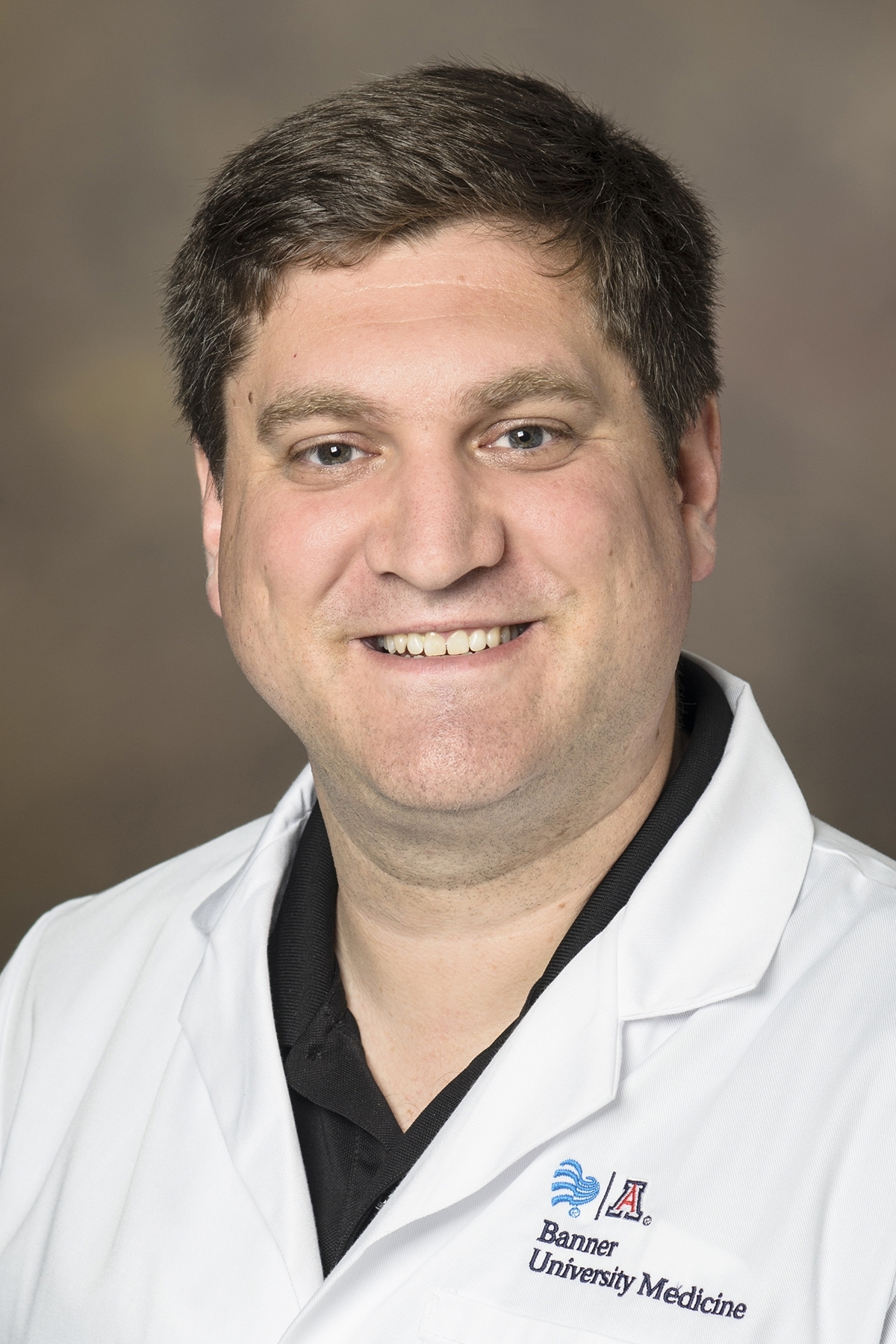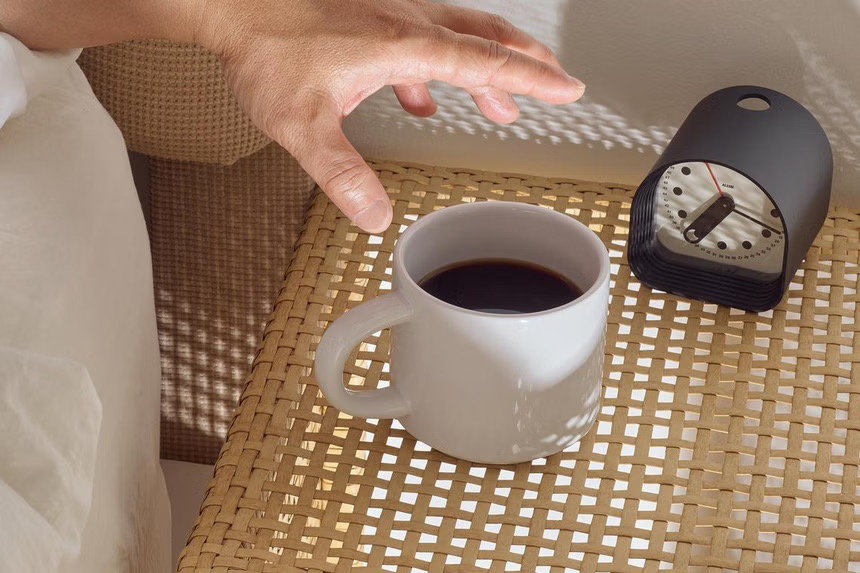I heard that drinking coffee first thing in the morning can interfere with my ability to feel awake and lead to an afternoon energy crash. Is that true?
It is an idea that has been popularised by online influencers: Avoid consuming caffeine for 90 to 120 minutes after waking up, they say, and you will perk up more naturally, thwart the dreaded afternoon slump and have better sleep.
Proponents explain the idea as if it is supported by good evidence, with some people who have tried the method saying it has been a game changer for their energy levels.
But scientists who study the relationship between caffeine and sleep say that while there may be some benefits to putting off your morning coffee, there is not much research to back them up.
In some cases, experts warn, the risks of delaying your morning caffeine could outweigh the purported benefits.
How caffeine works, and how long it lasts
Throughout the day, your body produces a chemical called adenosine, which binds to receptors in your brain and makes you feel drowsy. Caffeine perks you up by blocking those receptors, said Associate Professor Marilyn Cornelis, a caffeine researcher at the Northwestern University Feinberg School of Medicine.
 But you do not feel the stimulating effects of caffeine immediately after your first sip of coffee, said Dr Michael Grandner, director of the sleep and health research programme at the University of Arizona. It takes about 20 to 30 minutes for caffeine to be absorbed into the bloodstream, reach the brain and make you feel more alert, he said.
But you do not feel the stimulating effects of caffeine immediately after your first sip of coffee, said Dr Michael Grandner, director of the sleep and health research programme at the University of Arizona. It takes about 20 to 30 minutes for caffeine to be absorbed into the bloodstream, reach the brain and make you feel more alert, he said.
How long caffeine keeps you sharp varies considerably, based in part on your genetics, Prof Cornelis said.
The evidence for – and against – caffeine delay
Because adenosine levels in your brain decrease while you sleep, they are at their lowest immediately after you wake up, Dr Grandner said. So, with little adenosine present for caffeine to block, a cup of coffee first thing will give you less of a boost than when adenosine levels are high.
This may be one rationale for delaying caffeine in the morning, he said. He often waits for 30 to 60 minutes after waking to have his first cup of coffee, but there are no studies on what the optimal timing should be. It is more about personal preference, he said.
Another potential reason to delay your morning caffeine is if you want to have caffeine only once a day, said Prof Cornelis. Timing it for later in the morning could help extend its effects into the early afternoon, potentially countering any drop in alertness at that time.
That said, there is no harm in having caffeine first thing, Dr Grandner said.


